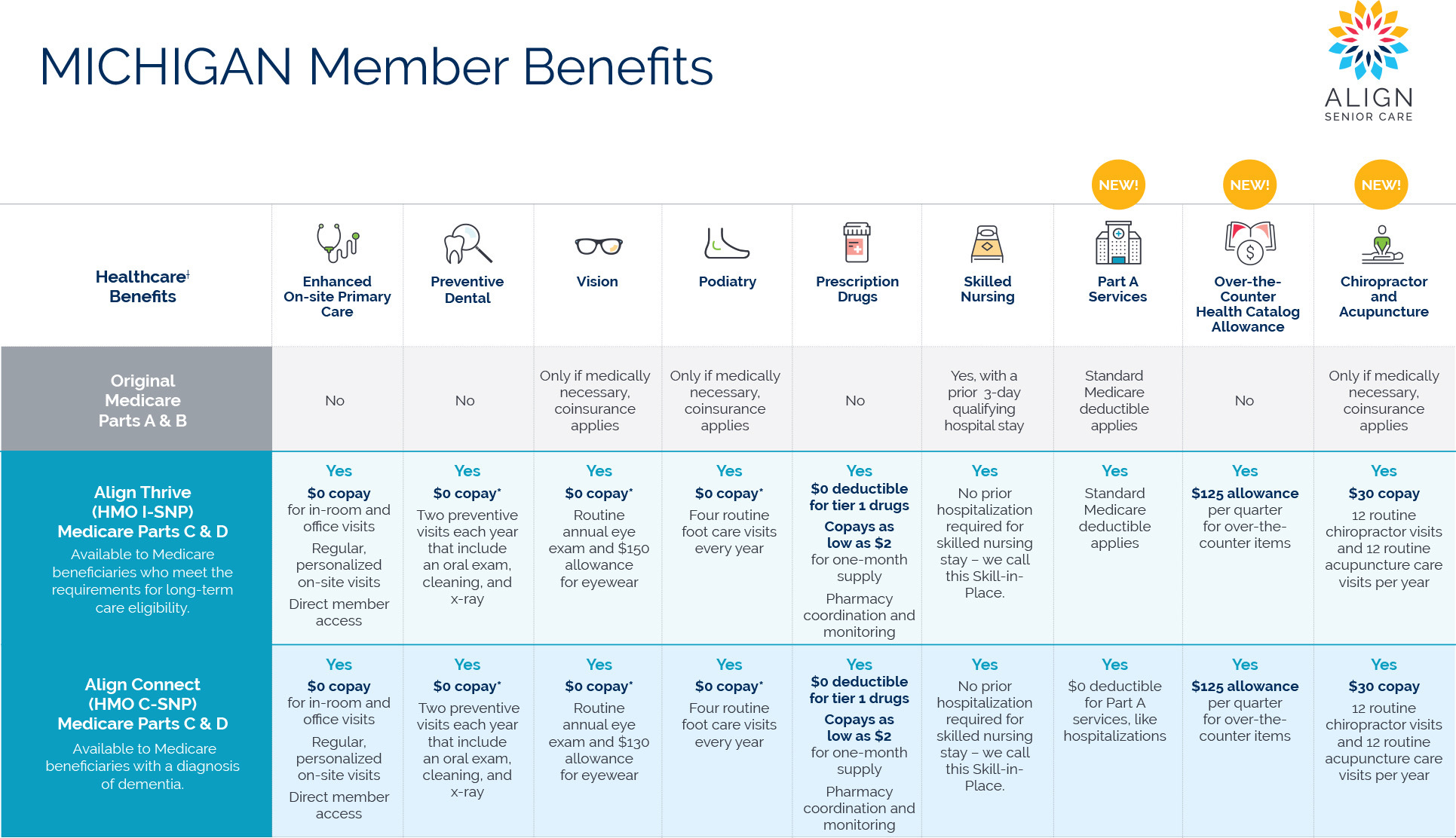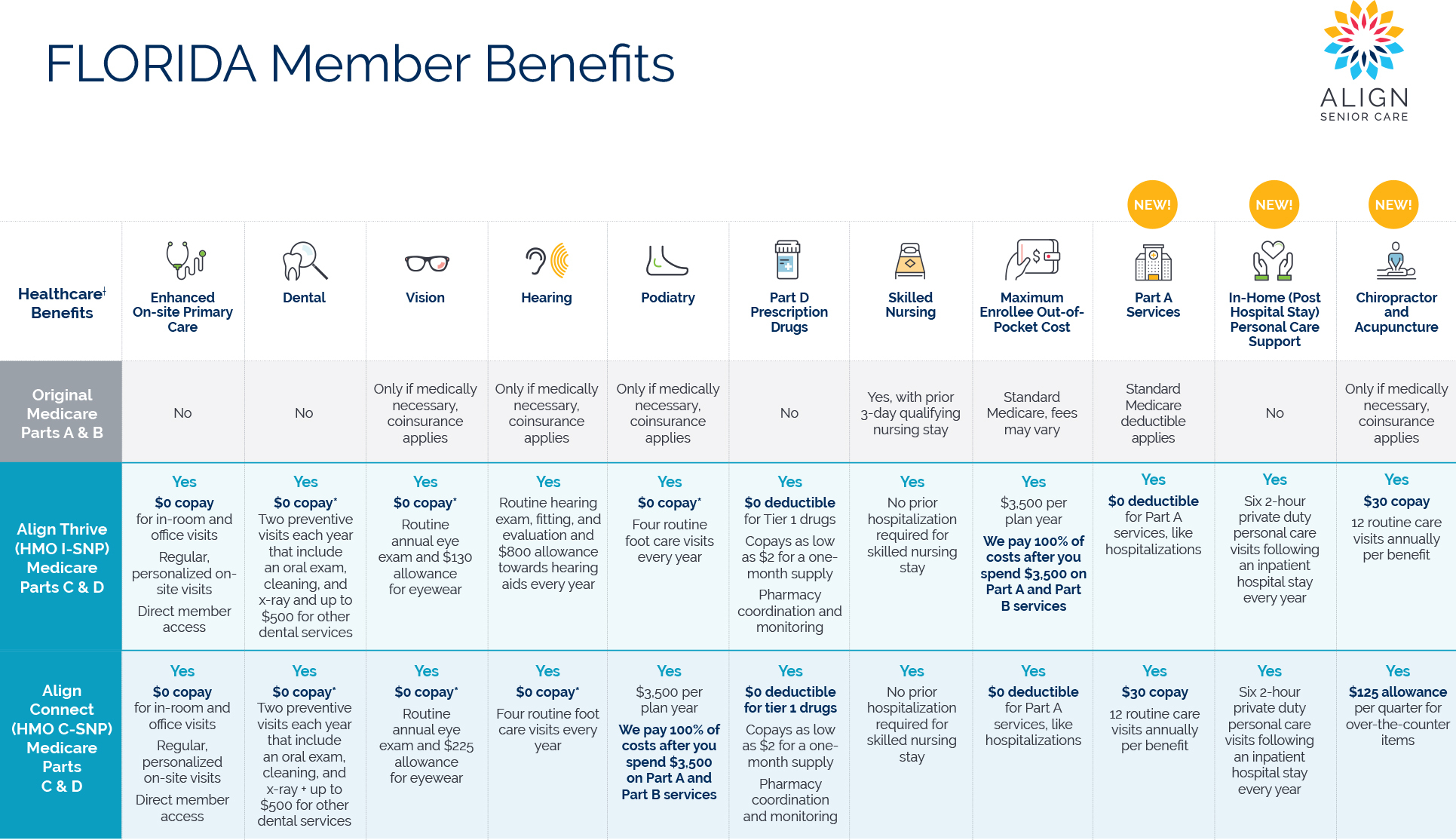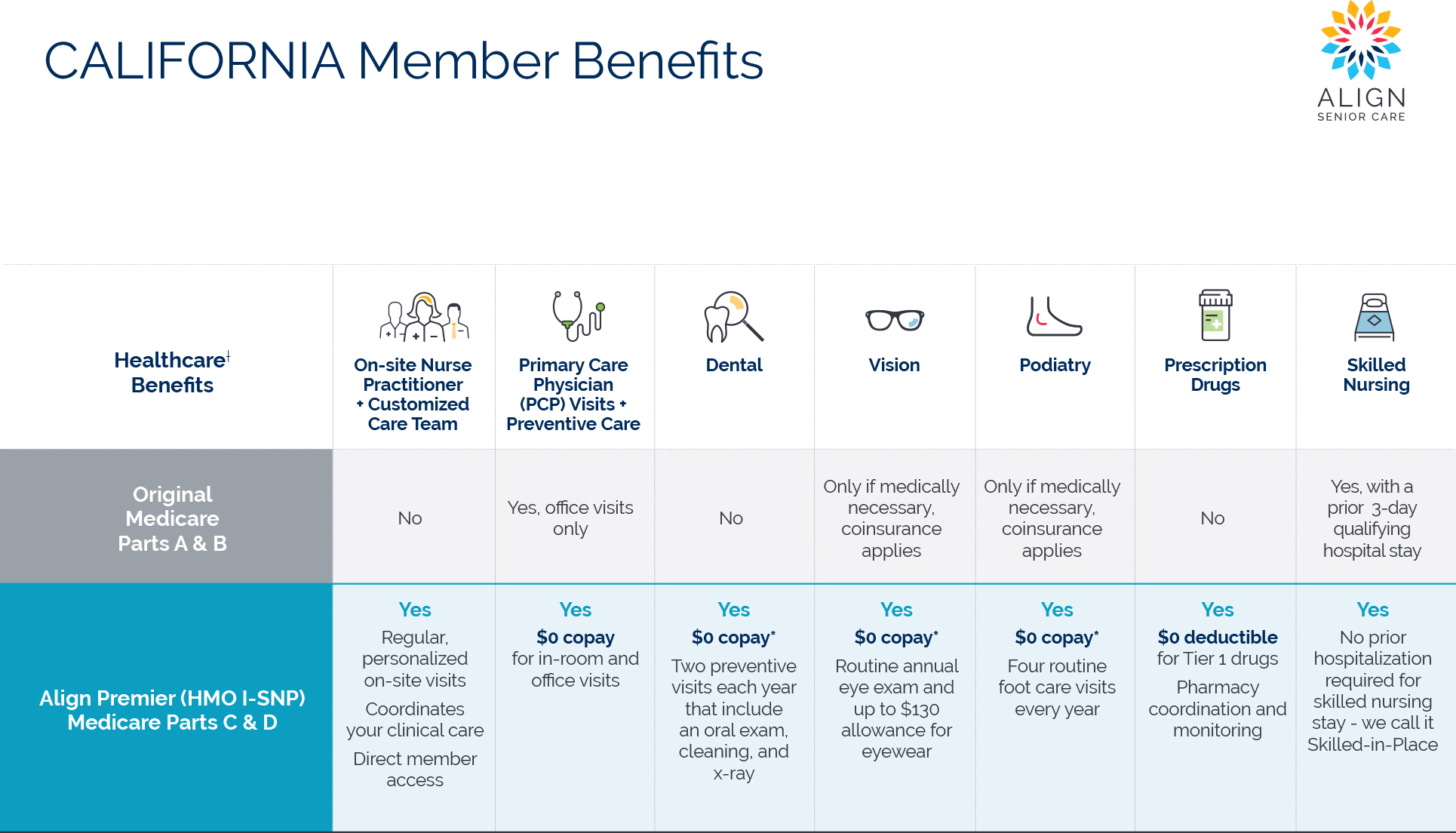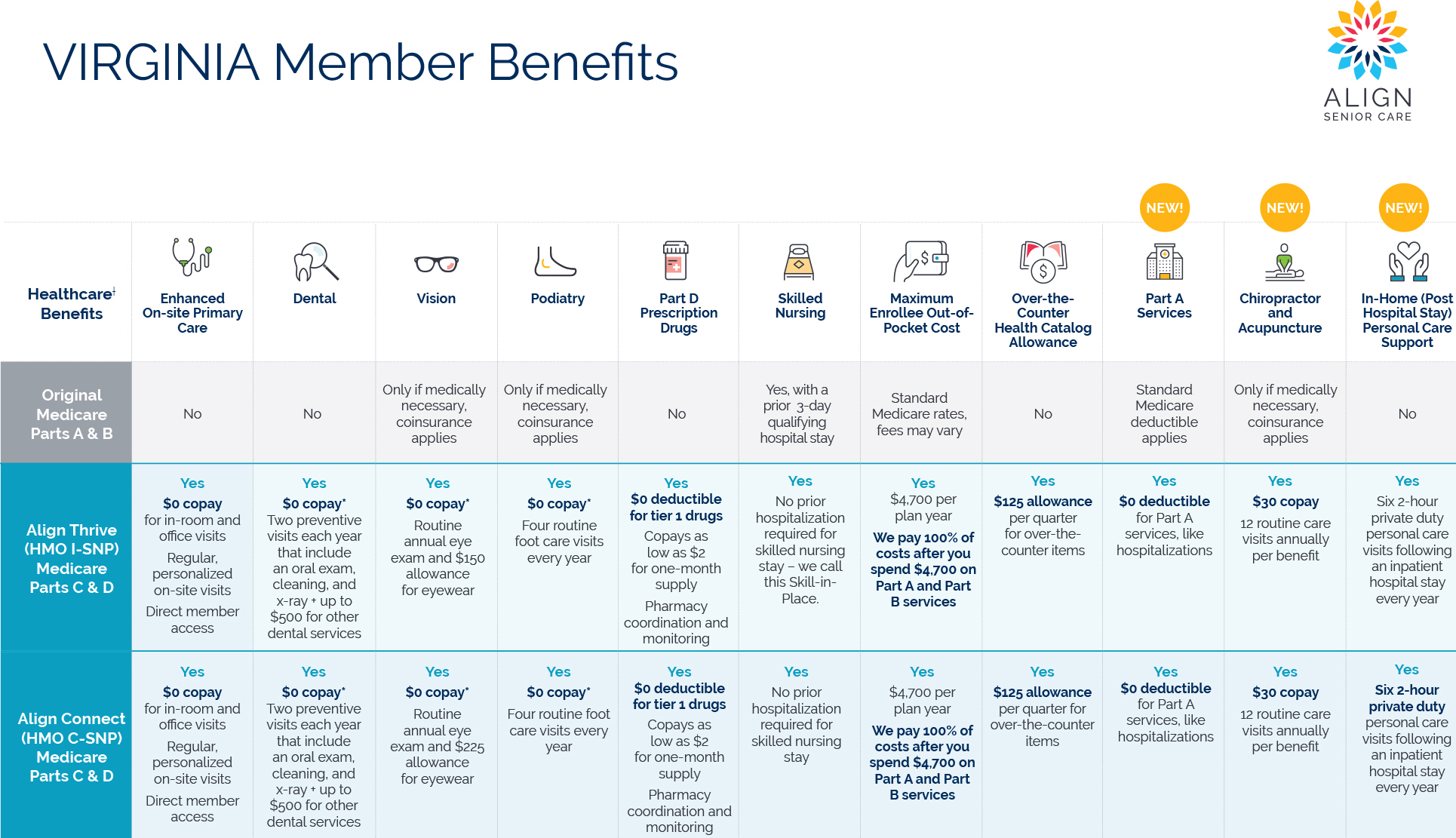Provider Resources
Align Senior Care providers can find secure access to claims, eligibility info, authorizations, view patient history, submit an authorization request and more.
Clinical Practice & Medical Necessity Guidelines
Clinical Practice Guidelines
The following clinical practice guidelines are intended to support our health care team and serve as resources to ensure our providers have the most up to date, evidence-based information recommended by nationally recognized organizations. American Medical Directors Association – The Society for Post-Acute and Long-Term Care Medicine – the standard care process in the post-acute and long-term care (PA/LTC) setting.
- COPD: Global Strategy for the Diagnosis, Management and Prevention of COPD
- Diabetes: Standards of Medical Care in Diabetes – 2024
- Heart Failure:
- Hypertension: ACC and American Heart Association (AHA) guidelines for the detection, prevention, management and treatment of high blood pressure
- Dementia:
- Osteoporosis: 2020 Clinical Practice Guidelines for Postmenopausal Osteoporosis
- Depression: American Psychiatric Association(APA)(2019). APA Guideline For the Treatment of Depression. Clinical Practice Guideline for the Treatment of Depression Across Three Age Cohorts
- Prevention:
- World Health Organization, Coronavirus disease (COVID-19)
- World Health Organization, Preventing and managing COVID-19 across long-term care services:
- Centers for Disease Control and Prevention. Prevention and Control of Seasonal Influenza with Vaccines
- Centers for Disease Control and Prevention Recommends Updated 2024-2025 COVID-19 and Flu Vaccines for Fall/Winter Virus Season
- U.S. Preventive Service Task Force Recommendations
Guidelines are provided for informational purposes only and are not meant to direct individual treatment decisions. All patient care and related decisions are the sole responsibility of providers. These guidelines do not dictate or control a provider’s clinical judgement regarding the appropriate treatment of a patient in any given case.
Medical Necessity
“Medically Necessary” or “Medical Necessity” means health care services or supplies that a physician, exercising prudent judgement, would provide and/or order for a patient. The services must be:
- a) in accordance with generally accepted standards of medical practice;
- b) clinically appropriate, in terms of type, frequency, extent, site and duration, and considered effective for the patient’s illness, injury or disease; and
- c) not primarily for the convenience of the patient, physician, or other health care provider, and
- d) not more costly than an alternative service or sequence of services at least as likely to produce equivalent therapeutic or diagnostic results as to the diagnosis or treatment of that patient’s illness, injury, or disease
Align Senior Care utilizes the following Medical Necessity criteria to guide utilization management decisions. This may include, but is not limited to, decisions involving inpatient reviews, prior authorizations, level of care, and retrospective reviews.
- Centers for Medicare and Medicaid (CMS) Criteria
- Milliman Care Guidelines (MGC)
Align Senior Care Medical Necessity criteria does not supersede state or Federal law or regulation.





